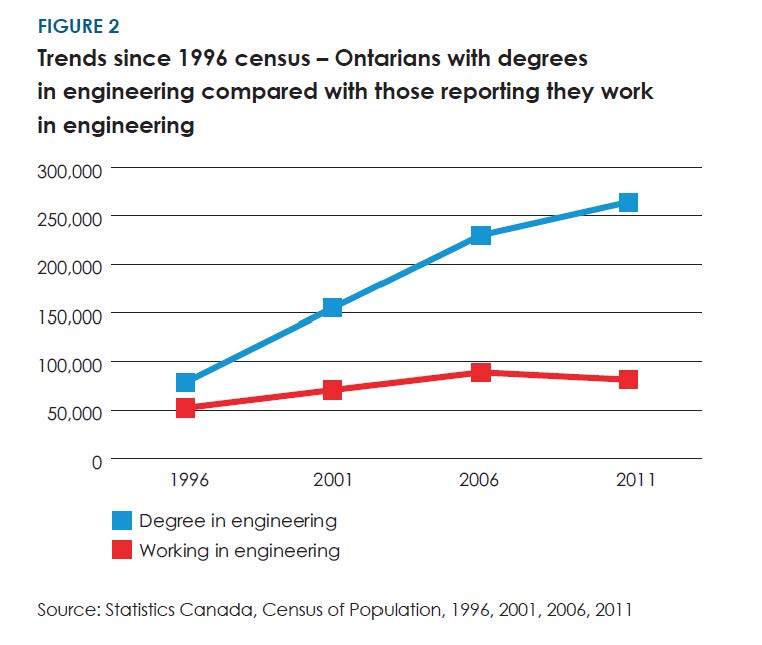Sure, it will. That is the basis of supply-side economics, the "if you build it, people will buy it" theory that's been PROVEN time and again to not work, but because it's derived from political dogma, they continue to spout it ad nauseum. A very casual analysis of wage growth vs. wealth of the top 1% vs. corporate profits shows very clearly who really benefits from supply side economics and it certainly ain't us. Minimum wage in the US in adjusted dollars was growing up until supply-side economics was pushed into the mainstream of American politics, and lo and behold, it has DECREASED 40% since its peak in the 1970s. And yet, the top 1% has seen an order of magnitude increase in wealth over the same time frame. Is that a simple coincidence?

![[2thumbsup] [2thumbsup] [2thumbsup]](/data/assets/smilies/2thumbsup.gif)
